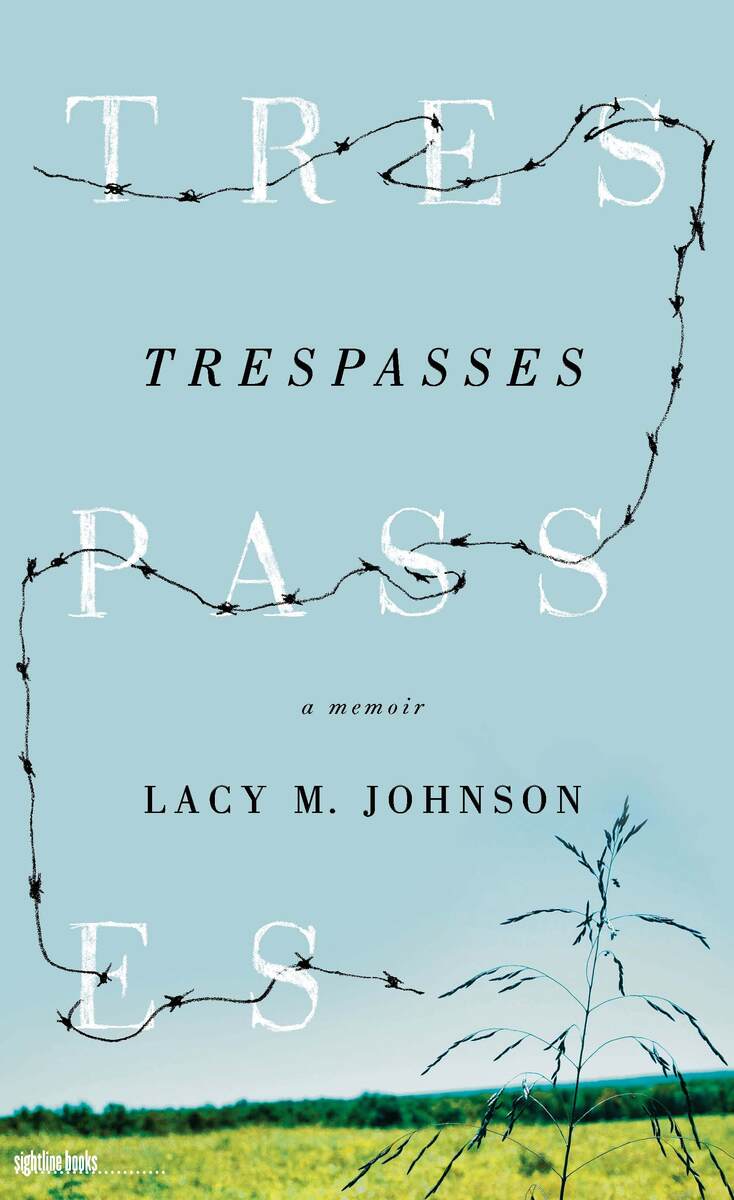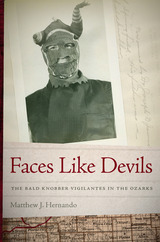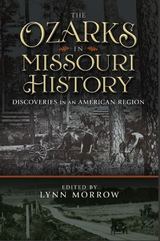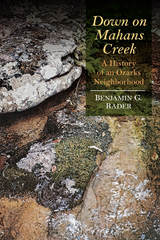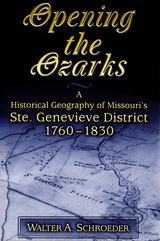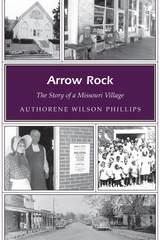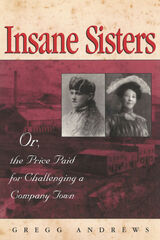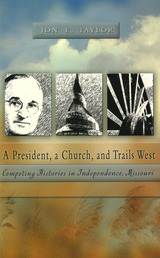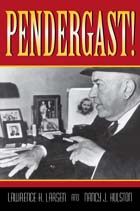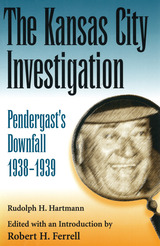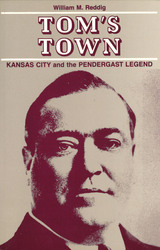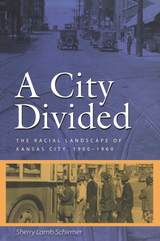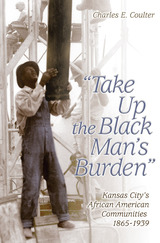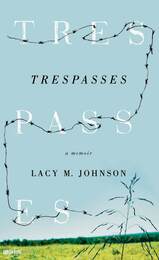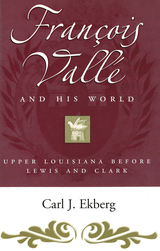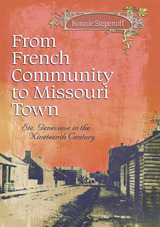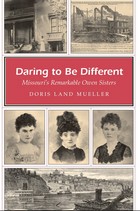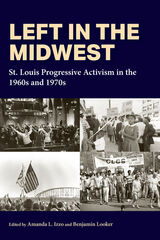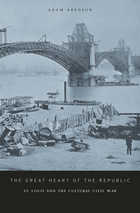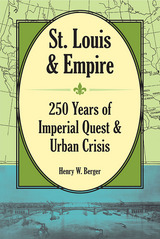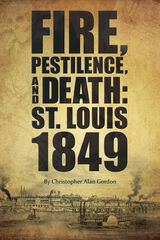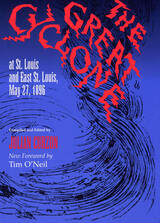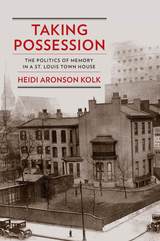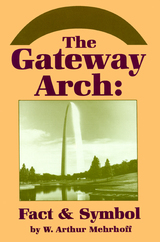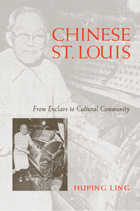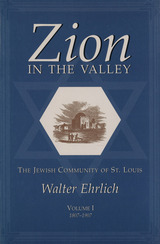Trespasses: A Memoir
University of Iowa Press, 2012
Paper: 978-1-60938-078-6 | eISBN: 978-1-60938-095-3
Library of Congress Classification F474.M315J64 2012
Dewey Decimal Classification 977.827
Paper: 978-1-60938-078-6 | eISBN: 978-1-60938-095-3
Library of Congress Classification F474.M315J64 2012
Dewey Decimal Classification 977.827
ABOUT THIS BOOK | AUTHOR BIOGRAPHY | REVIEWS | TOC | REQUEST ACCESSIBLE FILE
ABOUT THIS BOOK
A series of vividly rendered personal narratives, Trespasses: A Memoir recounts the coming of age of three generations in the rural Great Plains. In examining how class, race, and gender play out in the lives of two farm families who simultaneously love and hate the place they can’t escape, Lacy Johnson presents rural whiteness as an ethnicity worthy of study. As she dismantles the complex history of a forgotten place while fighting to keep its people whole, Johnson reflects on a place that outsiders can cross into or pass through, but may never fully know. From formal and informal research methods, Johnson has produced an innovative collection of prose poems and essays that together create an exciting work of contemporary nonfiction.
Examining region through the lenses of memory (experience), history (memory made public), and theory (experience abstracted), Trespasses is a deeply intelligent work, at the center of which is the author, always feeling as if she doesn’t belong but not sure where she else she should be. In this profound work, Johnson drifts gracefully back and forth between timelines and voices in a way that illustrates how her present is connected to the many pasts she chronicles.
See other books on: 1978- | Biography | Johnson, Lacy M. | Memoir | Trespasses
See other titles from University of Iowa Press
